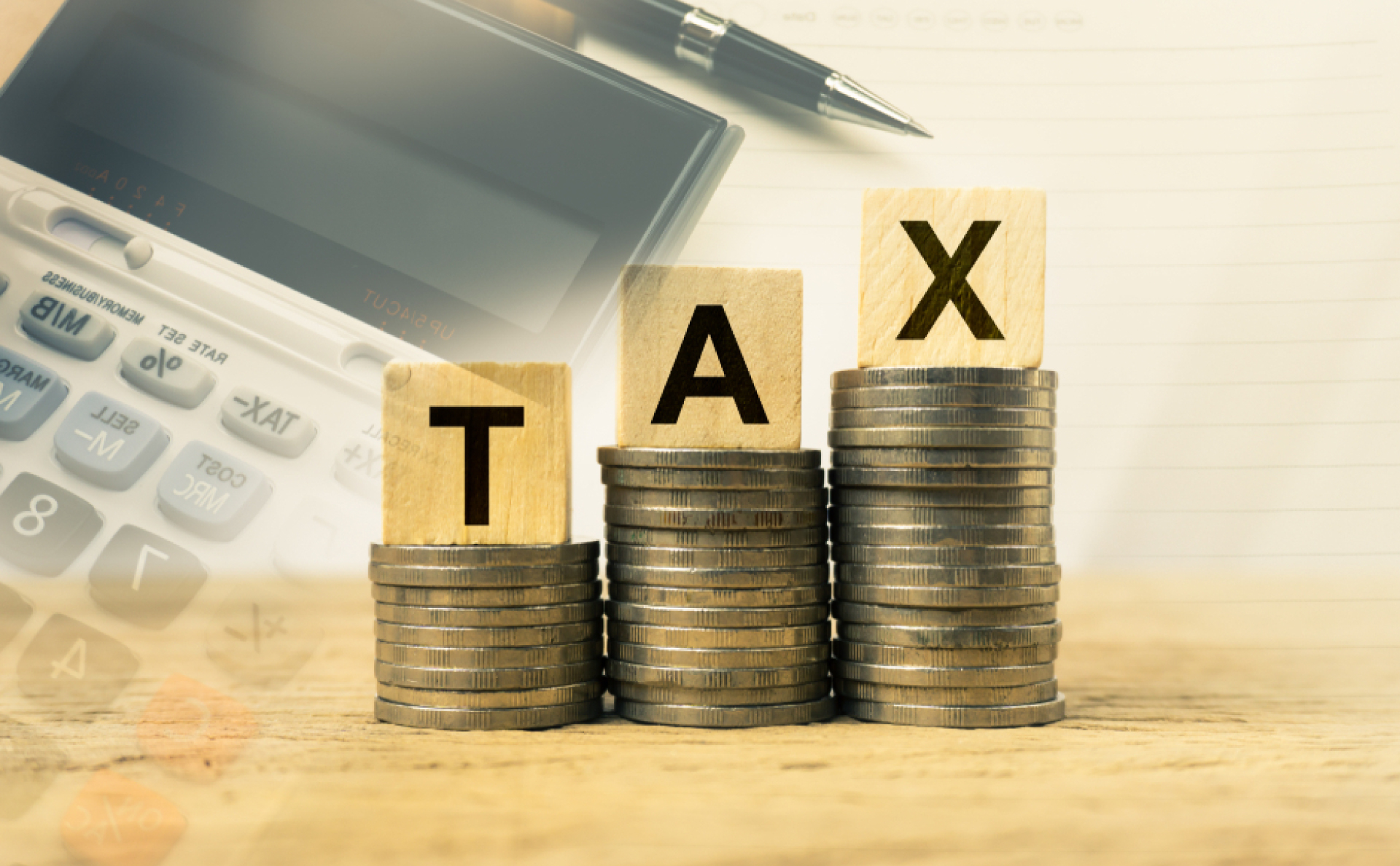Mohsin Siddiqui (Chief Reporter)
The International Monetary Fund (IMF) has proposed the registration of sales tax for online digital platforms engaged in transactions with local consumers. This recommendation aims to streamline tax collection processes and ensure compliance within the digital commerce sector.
According to IMF sources, online digital platforms that control essential transaction elements with consumers should register for value-added tax (VAT). They are also advised to collect and remit taxes on sales facilitated for digital products/services and/or LVGs (low-value goods) from non-resident vendors to domestic consumers.
The IMF acknowledges the diverse nature of online platforms, suggesting precision in identifying non-resident digital platforms considered as suppliers. These platforms, often referred to as intermediaries, play a significant role in transactions and should register for VAT accordingly.
Criteria for identifying such platforms include those controlling transaction elements, such as listing services, payment terms, and delivery conditions. Additionally, platforms involved in payment collection and transmission to third-party vendors are also included.
However, platforms solely offering listing services or acting as payment processors are exempt from VAT registration requirements.
Moreover, the IMF recommends that VAT-registered businesses self-assess and remit applicable VAT on purchases from non-resident vendors and digital platform operators. This includes purchases for commercial activities, ensuring tax compliance in business-to-business transactions.
To safeguard the integrity of the VAT framework, penalties may be imposed for tax evasion attempts. VAT-registered businesses charged VAT erroneously can request refunds from non-resident vendors or platform operators. However, VAT paid in such cases is not recoverable through input tax claims or tax error filings.
In conclusion, the IMF’s recommendations seek to enhance tax transparency and accountability in digital commerce, benefiting both governments and consumers. By ensuring VAT compliance among online platforms and businesses, tax revenues can be effectively collected, contributing to economic stability and fairness.




